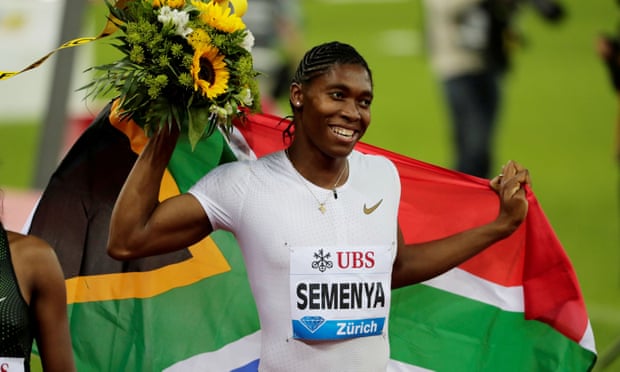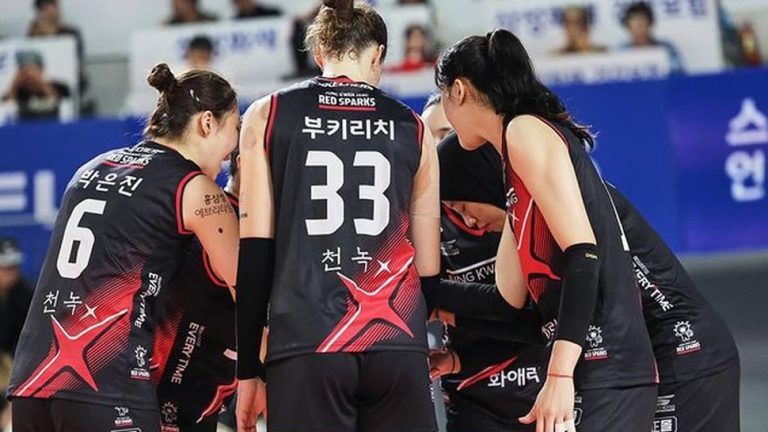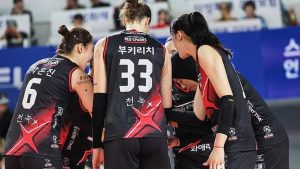The South African female runner, Caster Semenya, admitted that she would still fight despite being declared defeated by the International Association of Athletics Federations (IAAF) in a sports arbitration session. The Court of Arbitration for Sport (CAS) on Wednesday (01/05) declared the IAAF win in its lawsuit against Semenya relating to the agency’s regulation of the threshold of testosterone content permitted for female athletes.
With the results of this trial, Semenya as well as other female athletes must follow the IAAF regulations relating to the allowed female testosterone threshold for women. Semenya opposed the IAAF regulation because it ignored the existence of female athletes who had unusual development of testosterone.
Semenya start the legal challenge against IAAF on 19 June 2018. This is done after IAAF announced that new rules that female athletes competing in the 400m, 800m, and 1500m with hyperandrogenous to take medication to lower their testosterone level in April 2018. The new rule takes effect in November 2018.
Meanwhile, the three CAS judges did indeed say that the IAAF regulation indeed seemed discriminatory and opened up the possibility of future changes. The IAAF itself welcomed the CAS’s decision. This regulation will effectively come into force on 8 May.
They call the regulation guarantee that all female athletes have the opportunity to compete fairly and equally. The IAAF also mentioned that female athletes who have similar male testosterone levels with increased bone and muscle size will benefit from this condition.
Nonetheless, the CAS decision to win IAAF was criticized. Among others, the UN Human Rights Council called the IAAF regulation inhumane and painful.
Seema Patel of the Nottingham Law School also called the CAS decision disappointing. “A woman who naturally has a higher testosterone content in her body should not be banned from competing with other women. Like a woman who has a body higher than average is not prohibited from competing,” Patel wrote. Patel also questioned why sports courts must deal with matters relating to human rights.
Caster Semenya was the 800 meter gold medalist at the 2012 and 2016 Olympics. She also won a gold medal at the world championship, the Commonwealth Games. Semenya has 30 days to appeal.
-RDS-
















